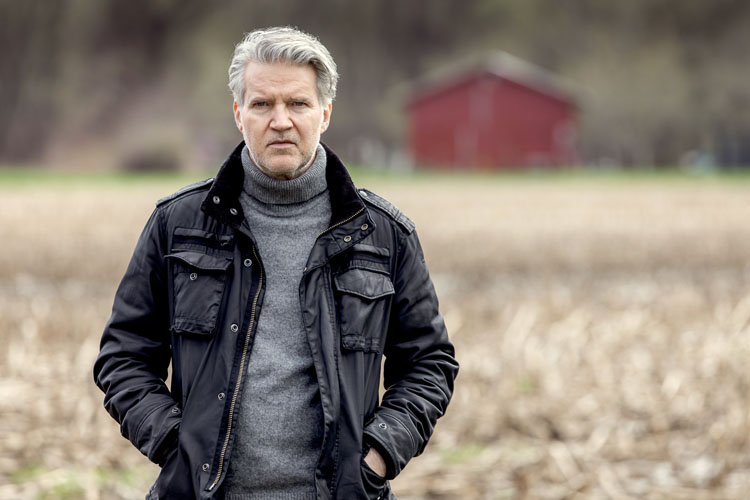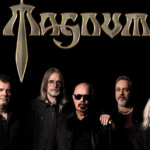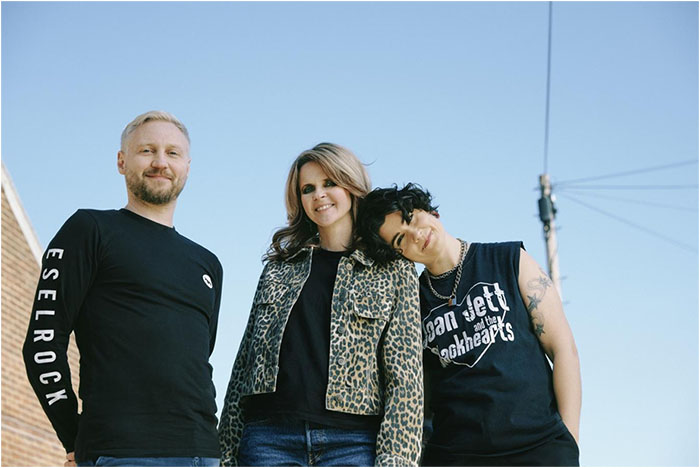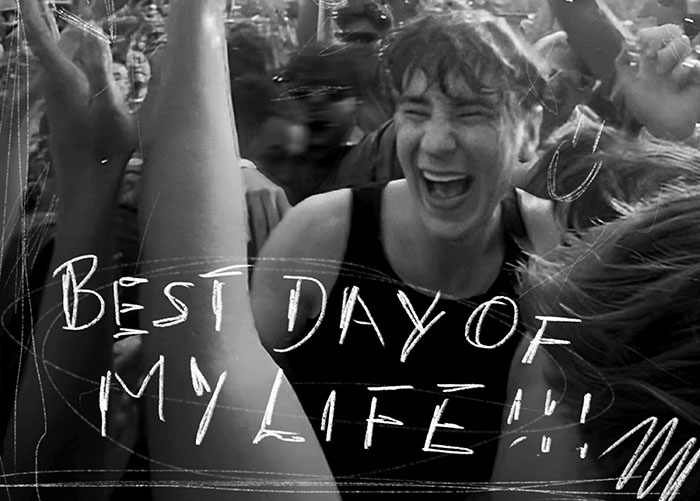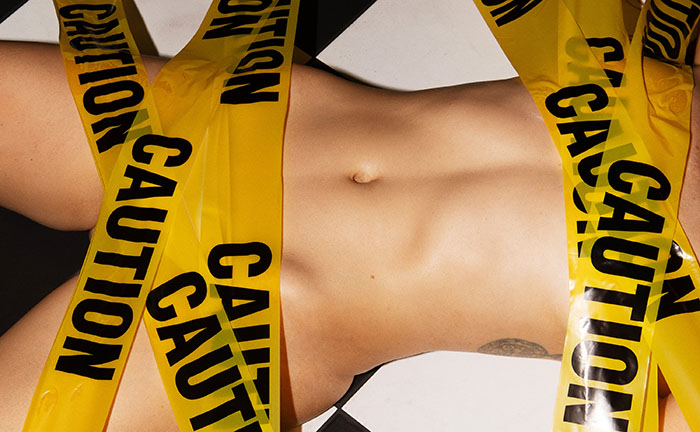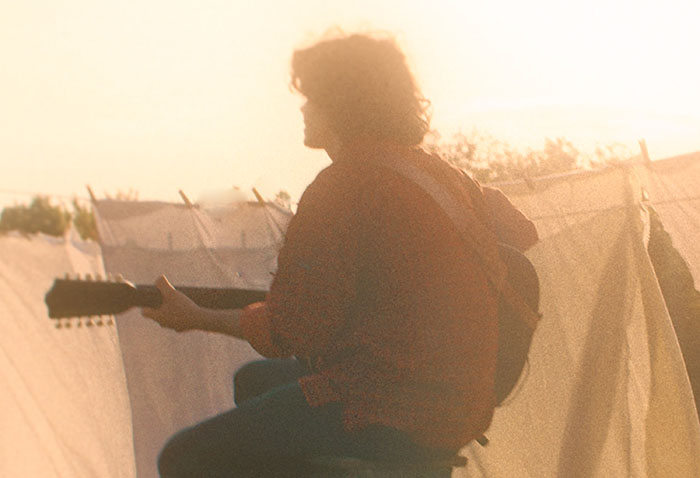LLOYD COLE follows the release of his Guesswork album in July with the announcement of a full UK tour for April 2020 as below. Tickets available from: www.lloydcole.com
APRIL
Thu 02 OXFORD SJE Arts Centre
Fri 03 EXETER Corn Exchange
Sat 04 CARDIFF Tramshed
Tue 07 BRISTOL St George’s
Sat 11 SOUTHEND Palace Theatre
Sun 12 BEXHILL De La Warr Pavilion
Tue 21 LEAMINGTON Assembly
Wed 22 SOUTHAMPTON Central Hall
Guesswork
Some albums coalesce around a title. Lloyd Cole’s latest album is one such record. Guesswork mirrors the uncertainty of the world and is consistent with a record whose protagonists seem reluctant to venture confidently beyond the moment. In terms of minutes, it’s his longest, but in terms of songs, it’s shorter than any of his previous eleven solo albums [fourteen if you count those he made with The Commotions]. Guesswork is also his shortest in terms of total words sung. This might come as a surprise to those who primarily remember Lloyd for the precocious literary pop dispatches of 1984’s Rattlesnakes, the debut album which earned him an unlikely place alongside George Michael and Simon Le Bon in the following year’s Smash Hits / Panini sticker book. However, for others who have followed his progress in the interim – taking in the muscular urban art-rock of his solo debut X [1990] the delicate digital folk of Music in A Foreign Language [2004] and a succession of electronic albums culminating in 2015’s 1D – that may be less so.
Mostly constructed in his Massachusetts attic space, Lloyd’s first “songs” album since 2013’s globally acclaimed Standards sees him finally create a [mostly] electronic setting for his voice. “For a while,” he says, “it wasn’t clear if the project would ever come to fruition. I’ve always listened to electronic music, ever since hearing albums like [Iggy Pop’s] The Idiot and [David Bowie’s] Low. There’s a simplicity to those records – even the gentle songs are very brutally projected. As I’ve got older, I’ve become more attracted to lyrics that suit that delivery. Ageing is brutal and lends itself to a less ornamented way of writing.” And now? “And now,” he says, “I’m starting to think that old age could be a lot more fun than middle age. Because really what have we got to lose?”
Certainly, those sentiments are borne out by some of the brighter arrangements on Guesswork. On the face of it, you might be forgiven for thinking that it finds Lloyd a universe away from the literate lyrical character studies scattered across his early records. The word count may have diminished, but you can attribute that to the authorial confidence that comes with the passing of
